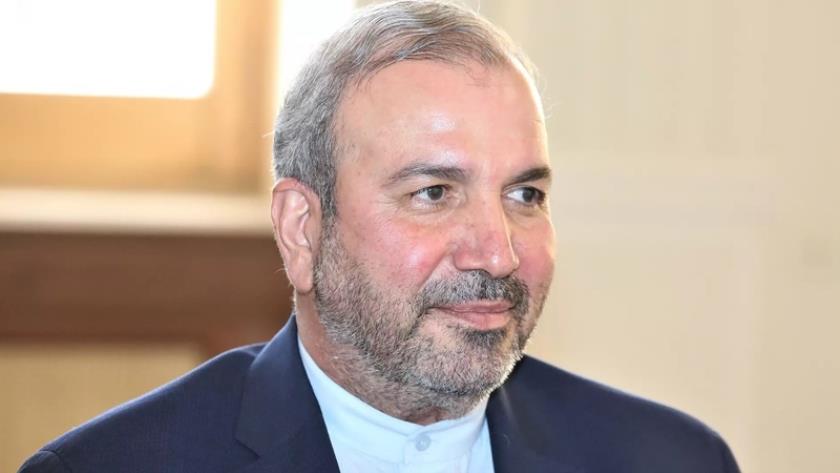Iran’s Stance on Escalating Tensions with Israel: Analyzing Recent Developments
In a recent warning, Iran’s Ambassador to Baghdad, Mohammad Kazem Al-Sadegh, underlined the potential for heightened conflict with Israel should further provocations occur. This stern message follows the Islamic Republic’s retaliatory actions against Israeli positions in the occupied Palestinian territories. The ambassador’s statements come amid a backdrop of longstanding regional tensions and recent confrontations that have intensified the discourse on Middle Eastern geopolitics.
The Current Climate
For nearly a year, Israel, described as "armed to the teeth," according to Al-Sadegh, has consistently targeted areas like the Gaza Strip. Despite substantial military support from the United States and Western allies, Israel’s strategic objectives remain unfulfilled, particularly in regions like Lebanon where Hezbollah’s presence poses a formidable challenge. Hezbollah, an Iran-backed Shiite militant group, is well-prepared and has shown resilience, making any potential Israeli incursions into southern Lebanon fraught with risk.
Al-Sadegh highlighted that Israeli efforts to penetrate Lebanese defenses have been unsuccessful and resulted in mounting casualties. This assertion reflects the ongoing battle for supremacy and the strategic high ground in the region, with both sides engaged in a precarious balance of power.
A Legal and Defensive Perspective
From Tehran’s viewpoint, the response to Israeli actions was executed within the framework of legitimate self-defense as stipulated by Article 51 of the United Nations Charter. This legal basis underscores Iran’s argument that it must defend itself in the face of perceived aggression. Al-Sadegh criticized international bodies for their inaction in curbing Israel’s aggressive policies, thereby justifying Iran’s direct military responses.
The ambassador elaborated on the nature of Iran’s recent strikes, which specifically targeted military infrastructures and security bases of the Israeli regime. He contended that, in contrast to Israel’s alleged attacks on civilians and non-military entities like schools and hospitals, Iran’s actions were measured and focused on diminishing Israel’s military capabilities.
Broader Implications
This rhetoric from Iran’s diplomatic channels highlights the fragile nature of Middle Eastern geopolitics. The region has been a focal point of international concern, given its historical complexities and the overlapping interests of global powers. As Iran and Israel continue to engage in a war of words, the potential for a broader conflict remains ever-present, with both sides holding considerable influence over regional stability.
Moreover, these tensions cannot be viewed in isolation. The Iranian perspective, as shared by diplomats like Al-Sadegh, seeks to rally both regional and international support by framing its actions within a context of resistance against aggression and an appeal for legal and moral justification.
In conclusion, while Iran’s declaration of readiness to escalate responses further if provoked speaks to a longstanding dispute, it also beckons international actors to engage more effectively in advocating peace and curtailing hostility. The sustained volatility not only affects the immediate region but also poses challenges to global peace and security.
For further information, visit Hezbollah’s Official Website.
